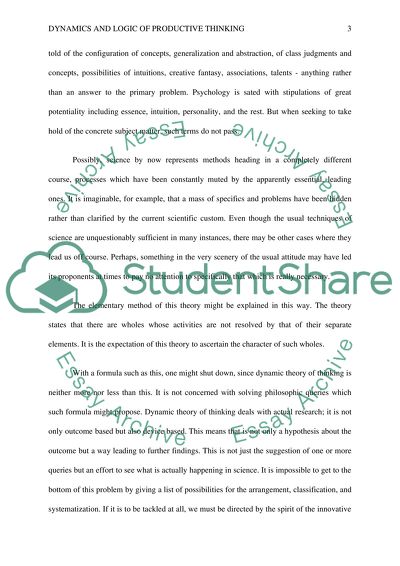Cite this document
(“MAX WERTHEIMER:DYNAMICS AND LOGIC OF PRODUCTIVE THINKING Essay”, n.d.)
Retrieved from https://studentshare.org/psychology/1458742-max-wertheimer-ypdynamics-and-logic-of-productive
Retrieved from https://studentshare.org/psychology/1458742-max-wertheimer-ypdynamics-and-logic-of-productive
(MAX WERTHEIMER:DYNAMICS AND LOGIC OF PRODUCTIVE THINKING Essay)
https://studentshare.org/psychology/1458742-max-wertheimer-ypdynamics-and-logic-of-productive.
https://studentshare.org/psychology/1458742-max-wertheimer-ypdynamics-and-logic-of-productive.
“MAX WERTHEIMER:DYNAMICS AND LOGIC OF PRODUCTIVE THINKING Essay”, n.d. https://studentshare.org/psychology/1458742-max-wertheimer-ypdynamics-and-logic-of-productive.


